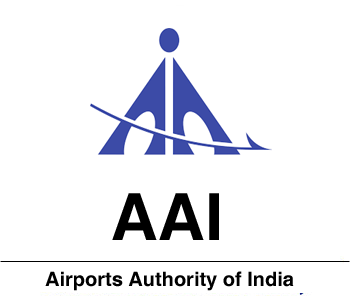(AAI) Airports Authority of India - Exam Syllabus (Manager - Information Technology)

(AAI) Airports Authority of India - Exam Syllabus (Manager - Information Technology)
Part-A
General Knowledge, General Intelligence, General Aptitude, English etc.
Weightage 50%
Part-B
Questions on subjects relating to educational qualifications.
Weightage 50%
-
Digital Logic: Logic functions, Minimization, Design and synthesis of combinational and sequential circuits; Number representation and computer arithmetic (fixed and floating point).
-
Computer Organization and Architecture: Machine instructions and addressing modes, ALU and data-path, CPU control design, Memory/Bus Architecture, I/O interface (Interrupt and DMA mode), Instruction pipelining, Cache and main memory, Organization of Data in Secondary storage, BIOS.
-
Programming and Data Structures: Programming in C, C++; Functions, Recursion, Parameter passing, Scope, Binding; Abstract data types, Arrays, Stacks, Queues, Linked Lists, Trees, Binary search trees, Binary heaps, Pointers and Concepts of Object Oriented Programming.
-
Algorithms: Analysis, Asymptotic notation, Notions of space and time complexity, Worst and average case analysis; Design: Greedy approach, Dynamic programming, Divide-and-conquer; Tree and graph traversals, Connected components, Spanning trees, Shortest paths; Hashing, Sorting, Searching. Asymptotic analysis (best, worst, average cases) of time and space, upper and lower bounds, Basic concepts of complexity classes - P, NP, NP-hard, NP-complete.
-
Operating System: Processes, Threads, Inter-process communication, Concurrency, Synchronization, Deadlock, Parallel Processing and CPU scheduling, Memory management and virtual memory, File systems, I/O systems, Protection and security, Memory Organization, Paging, RAID, Secondary Storage, Storage Area Network (SAN), Network Attached Storage (NAS).
-
Databases: ER-model, Relational model (relational algebra, tuple calculus), Database design (integrity constraints, normalization), Query languages (SQL), File structures (sequential files, indexing, B and B+ trees) Transactions and concurrency control Segmentation, Instance Creation, Pivot Tables in Oracle.
-
Information Systems and Software Engineering: Information gathering, requirement and feasibility analysis, data flow diagrams, process specifications, input/output design, planning and managing the project, design, coding, testing, implementation, process life cycle maintenance.
